Introduction to Waste Heat Recovery Units
Waste heat recovery units (WHRUs) are essential components in industrial and commercial applications, serving as critical tools for energy conservation. A china waste heat recovery unit harnesses thermal energy that would otherwise be lost in various processes, converting it into usable heat for other operations. This process not only promotes energy efficiency but also contributes to the reduction of operational costs.
Types and Configurations
WHRUs come in different configurations, each designed to meet specific industrial needs. The common types include shell and tube, plate, and rotary wheel models. Each type employs a unique method to facilitate the transfer of heat from exhaust systems to other media. The choice of a waste heat boiler or a regenerative thermal oxidizer depends on factors such as the temperature of the waste heat, the desired temperature of the heat transfer medium, and the physical space available.
Applications Across Industries
The application of waste heat recovery systems spans across various industries. They are pivotal in settings such as manufacturing plants, chemical processing, and power generation facilities. By reclaiming heat from processes like combustion or chemical reactions, these units can preheat combustion air, boil water, or even power absorption chillers, leading to enhanced process efficiency and energy savings.
Features and Materials
WHRUs are engineered with features that cater to robust industrial demands. They are constructed from materials capable of withstanding high temperatures and corrosive environments, ensuring durability and consistent performance. The incorporation of advanced heat exchanger technology in a flue gas heat recovery system optimizes the thermal transfer process, while the use of high-grade metals enhances the unit's resistance to wear and tear.
Advantages of Utilizing WHRUs
Implementing a china waste heat recovery unit within industrial processes offers numerous advantages. These units significantly reduce energy consumption by recapturing lost heat, leading to lower greenhouse gas emissions and a smaller carbon footprint. Additionally, the improved energy efficiency translates into cost savings, making WHRUs a smart investment for businesses looking to optimize their operations.
Considerations for Selection
Selecting the appropriate waste heat recovery technology requires careful consideration of several factors. The efficiency of heat transfer, compatibility with existing systems, and the physical footprint of the unit are crucial aspects to evaluate. Prospective users should assess their process requirements, including the quality and quantity of waste heat available, to determine the most suitable WHRU configuration for their needs.

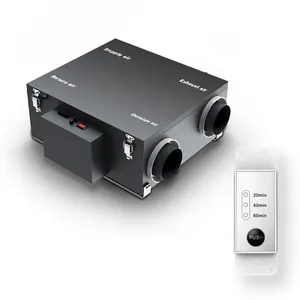













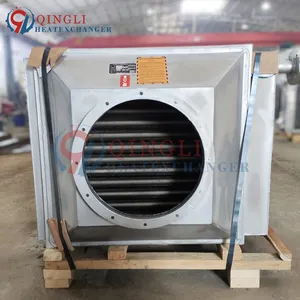
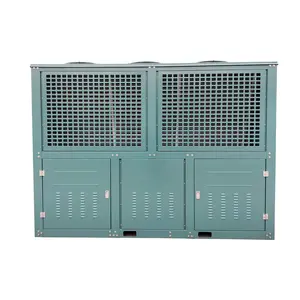







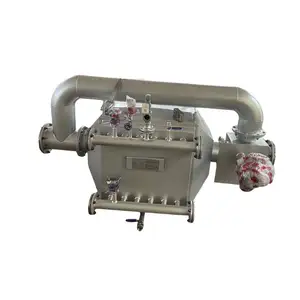



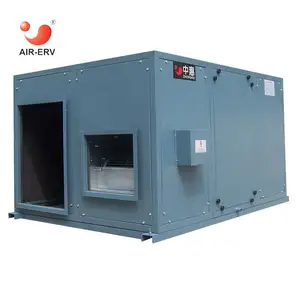
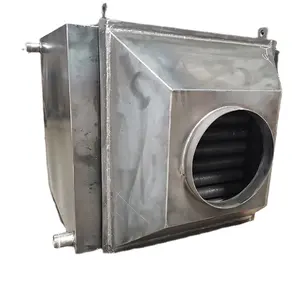
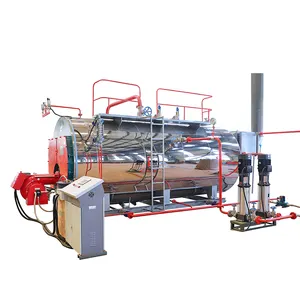













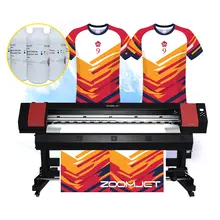

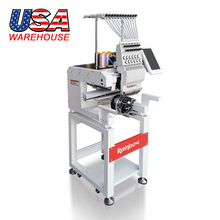
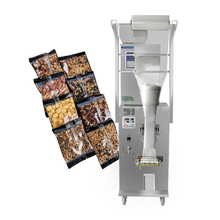

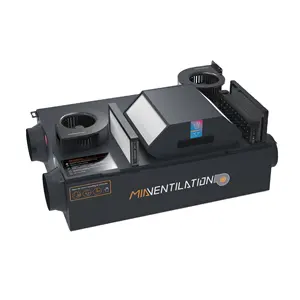


























 浙公网安备 33010002000092号
浙公网安备 33010002000092号 浙B2-20120091-4
浙B2-20120091-4